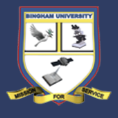Bingham University usually refers to Bingham University in Nigeria. Here is a detailed introduction about it:
Introduction
Bingham University is a private university located in Karu, Nasarawa State, Nigeria, 26 kilometers from Abuja, the federal capital of Nigeria. It was founded in 2005 by the Evangelical Church of Nigeria (ECWA).
History and establishment time
In 2003, the Evangelical Church began planning to establish this university. In 2005, the Nigerian University Commission granted it a charter and classes began in 2006. On March 3, 2008, the school established a permanent campus in New Karu, a suburb of Abuja.
Overview
Student size: There are currently more than 7,000 undergraduates and 2,000 postgraduates, and about 6,000 students have successfully graduated, who have achieved certain success in the Nigerian labor market and around the world.
Professional settings: The school currently offers 80 undergraduate and postgraduate courses distributed in 15 colleges.
School Strength
Teaching Staff: It has a team of highly professional teachers with rich experience in teaching and scientific research.
Teaching Facilities: The school is equipped with modern teaching buildings, professional laboratories, libraries and other teaching facilities. The library has a rich collection of books and an advanced information retrieval system to facilitate students to access information.
Scientific Research Achievements: It actively carries out scientific research activities in the fields of medicine, engineering, agriculture, etc., and has achieved some results. For example, in medical research, it has conducted research on common local diseases and proposed some effective treatment plans.
Nature of the institution
Private university, funded and managed by the Evangelical Church (ECWA).
Educational Philosophy
Mission: To cultivate graduates who have both knowledge and skills and can be self-reliant in the fear of Christ.
Vision: To become a world-class traditional university in a Christian-centered environment.
Key Laboratories and Disciplines
Key Disciplines: Medicine, Engineering, Computer Science and other disciplines are the school's advantageous disciplines. The medical major has a high reputation in Nigeria and has trained a large number of medical talents for the local area; the engineering major focuses on practical teaching, and students can quickly adapt to their jobs after graduation; the computer science major keeps up with the development of the times and has trained many outstanding computer talents.
Key laboratories: The school has key laboratories such as medical laboratories, engineering laboratories, and computer laboratories. The medical laboratory is equipped with advanced experimental equipment and can carry out various medical experiments; the engineering laboratory provides students with a platform for practical operations, which helps to improve students' engineering practice ability; the computer laboratory has a large number of computer equipment and software to meet students' learning and scientific research needs.
Faculty and Colleges
The school has 15 colleges, including the School of Medicine, the School of Engineering, the School of Computer Science, the School of Business, the School of Law, the School of Social Sciences, etc. Each college is further divided into multiple professional departments to provide students with systematic subject education.
Ranking
It is in the upper middle position in the domestic university rankings in Nigeria and has a high reputation and influence among private universities.
Cost
Tuition fees: For Nigerian and international students, tuition fees vary according to different majors and degree levels. Generally speaking, the tuition fees for undergraduate majors are relatively low, and the tuition fees for graduate majors are relatively high.
Living expenses: The cost of living in the area where the school is located is relatively low, and the living expenses of students mainly include accommodation, food, transportation, etc. The cost of school dormitories varies according to different accommodation conditions, and the cost of food and transportation is also relatively reasonable.
Campus Environment
Architectural Style: The architectural style of the campus combines modern architecture with local characteristics. The teaching buildings, libraries, dormitories and other buildings are reasonably designed and fully functional.
Campus Facilities: It has complete teaching facilities and living facilities, such as libraries, laboratories, gymnasiums, sports fields, canteens, supermarkets, etc., which meet the learning and living needs of students.
Natural Landscape: The campus is well greened, with large lawns, trees and gardens, creating a quiet and beautiful learning and living atmosphere.
-
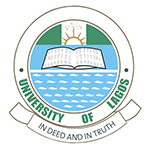
University of Lagos
-
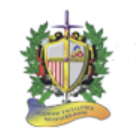
Benson Idahosa University
-
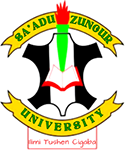
Bauchi State University
-
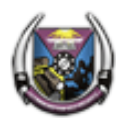
Federal University of Technology, Akure
-

Tai Solarin University of Education
-
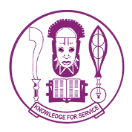
University of Benin
-
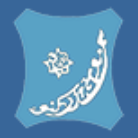
Bayero University Kano
-

Ahmadu Bello University
-
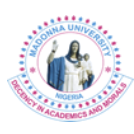
Madonna University
-
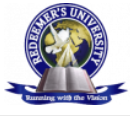
Redeemer's University
-

Mesoamerican University
-

Istmo University
-

Mariano Galvez University of Guatemala
-

Regional University of Guatemala
-

Galileo University
-

Francisco Marroquín University
-

Rafael Landívar University
-

University of the Valley of Guatemala
-

University of San Carlos of Guatemala
-

Technological Institute of Tlaxcala Plateau
-

Golfo University
-

Technological University of South Sonora
-

Technological University of Huejotzingo
-

Tizimín Institute of Technology
-

Chilpancingo Institute of Technology

